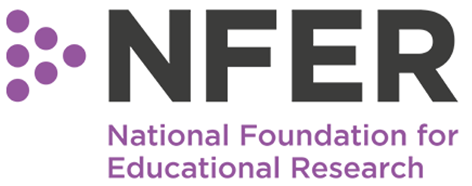The assessment of life skills has gathered increasing attention from researchers and a range of decision makers. In the first of a series of life skill assessment blogs, assessment experts at NFER introduce some of the ways that these skills can be assessed.
Across our life-span, skills such as problem-solving, collaboration, critical thinking and resilience are important. They link to a range of academic and non-academic outcomes, such as school attendance, employability or life satisfaction and are crucial in facilitating life-long learning.
These kinds of skills are often known collectively as ‘life skills’, but other terms such as non-cognitive skills, 21st century skills, competencies or meta-skills also exist. The UNICEF Life Skills and Citizenship Education (LSCE) initiative defines life skills as ‘transferable skills that enable individuals to deal with everyday life, and to progress and succeed in school, work and societal life. They are comprised of skills, attitudes, values, behaviours and domain-based knowledge. They can be learnt throughout life though there are optimal ages when interventions targeting specific skills are most likely to be effective.’ (1)
Many national and international studies, for example Understanding Society (2) or PISA (3), now include measures to track learners’ competencies or wellbeing. Consequently, researchers have started to discuss how best to assess these emerging fields.

